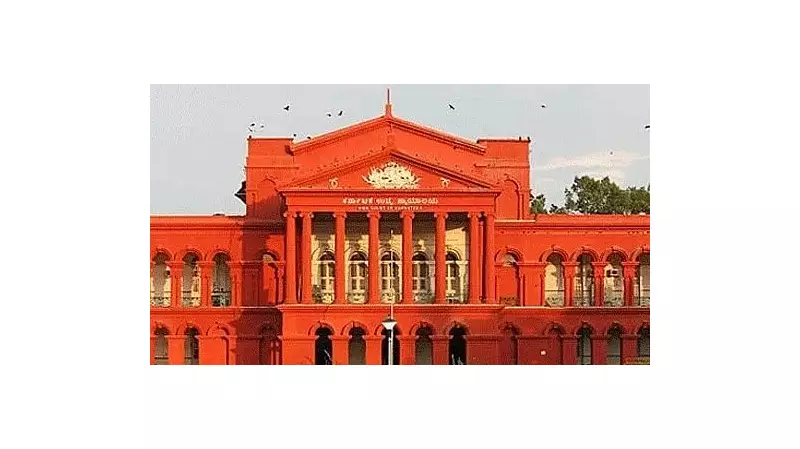
In a significant development for educational transparency, the Karnataka High Court has authorized the Lokayukta to investigate staff appointments in government-aided private schools across the state. This ruling comes as a major victory for accountability in the education sector.
Judicial Backing for Anti-Corruption Watchdog
The court's decision empowers the anti-corruption ombudsman to examine whether proper procedures were followed when appointing staff members through government referrals in privately managed institutions that receive state funding. This move addresses long-standing concerns about potential irregularities in hiring practices.
Scope of the Investigation
The probe will specifically focus on:
- Appointment procedures followed in aided private schools
- Compliance with government regulations and guidelines
- Potential misuse of referral powers by officials
- Transparency in staff selection processes
Implications for Education Governance
This ruling sets a crucial precedent for maintaining integrity in educational institutions that operate with public funds. By allowing the Lokayukta to intervene, the court has reinforced the importance of merit-based appointments and proper governance in the education sector.
The decision is expected to have far-reaching consequences for how private aided schools manage their staffing processes and interact with government referral systems. Education activists have welcomed the move as a necessary step toward eliminating corruption in school appointments.
Legal Validation of Lokayukta's Role
The court's approval strengthens the Lokayukta's mandate to investigate corruption allegations across various sectors, including education. This endorsement comes at a time when there's increasing public demand for greater accountability in government-aided institutions.
Legal experts suggest this ruling could pave the way for similar investigations in other states, creating a more robust framework for monitoring educational institutions that receive public funding.





